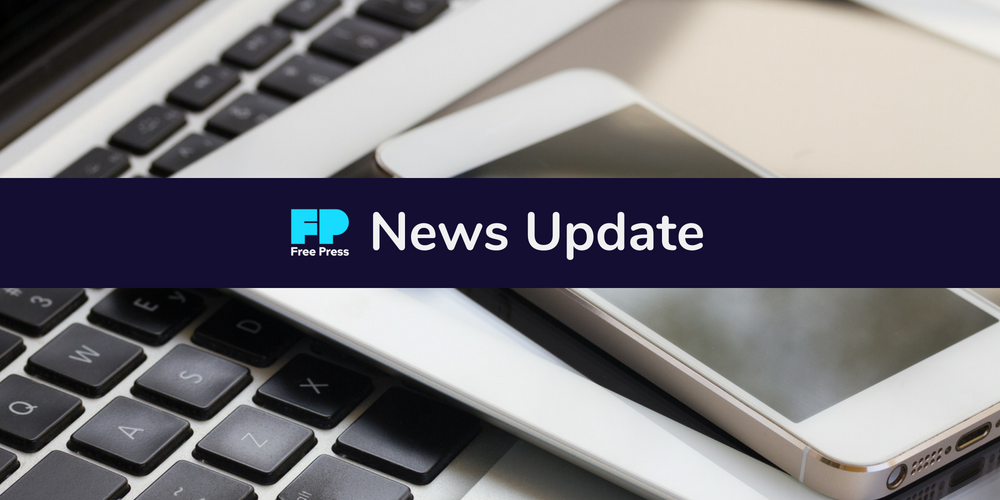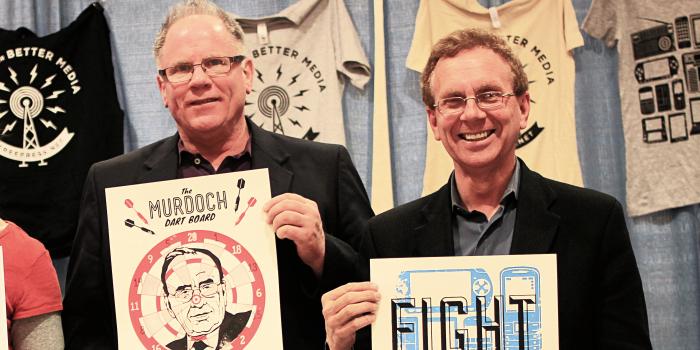With New Data Caps and Overage Fees, Internet Access Becomes More Costly, Despite Chairman Pai’s Promises

WASHINGTON — On Monday, several media outlets reported that Comcast, the nation’s largest cable-broadband provider, plans to impose data caps in 14 Northeast and Mid-Atlantic states and the District of Columbia.
Other major ISPs, including AT&T, have imposed similar caps and overage fees. The move comes at a time when household-internet usage has risen sharply as more employees and students are working and learning from home. According to a recent OpenVault study, the number of subscribers using at least 1TB of data per month has more than doubled in just one year, from the third quarter of 2019 to the third quarter of 2020.
At the beginning of his term as FCC chairman, Ajit Pai pledged that his repeal of Title II protections would create a more resilient internet providing “all Americans, no matter where they live ... better, cheaper, and faster Internet access.”
He’s still making this claim, nearly four years later, while ignoring reams of data showing recent declines in capital expenditures by major broadband companies — and disregarding the tens of millions of people in the United States who are unable to afford the types of connection needed to face the many social, economic, health and educational challenges of the COVID-19 emergency.
Free Press Policy Manager Dana Floberg made the following statement:
“Comcast is extending its data caps not because it needs to but because it faces no meaningful competition and has every incentive to arbitrarily raise prices — even during a pandemic when the internet is a literal lifeline for tens of millions of people.
“ISPs like to claim that this is about ‘fairness.’ But high-capacity users aren’t an unfair burden on networks, or on the providers themselves. In fact, Comcast upgraded its network toward the end of the Obama administration, and has been spending less on capital investments under the Trump administration for the last three years. So these newly revived and extended data-cap charges aren’t offsetting any increased capital costs Comcast faces due to network strain.
“And on a day-to-day basis, it costs Comcast the same amount if you use 1.2TB, 3TB or 5 MB per month. Look no further than the network providers' press statements: Comcast and other ISPs frequently brag about how well their networks are handling traffic during the pandemic. And internet profits are up for most of these companies, even when they aren’t imposing new caps and overage fees.
“It’s clear there’s no economic or technical justification for hiking your monthly broadband bill. The only reason ISPs are taking this action is because they can. Because it’s a handy way to squeeze more money out of customers without explicitly raising prices — even though, guess what, they’re doing that, too.
“It’s the holidays. COVID-19 is spiking to alarming levels. States are reinstating lockdowns and distancing rules. Tens of millions of people are relying on the internet for school, work, telehealth care and connecting with loved ones. But Comcast doesn’t see an emergency, it sees an opportunity to profit.
“This anti-competitive, anti-consumer move is a capstone to FCC Chairman Ajit Pai’s disastrous turn at the helm of the agency. He began his tenure by stripping away the Title II authority that empowered the FCC to protect people against all sorts of abuses by phone and cable giants. He promised that this move would deliver — in his words — a better, cheaper, and faster internet to internet users.
“The needless price hikes, overage fees and caps many ISPs are planning for 2021 serve as a warning against the Pai approach, and put future regulators and lawmakers on notice to restore the Title II protections that were taken from internet users during a Trump FCC.”




